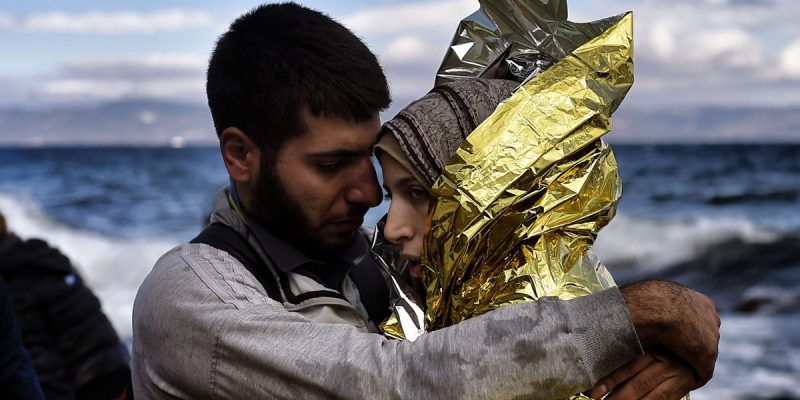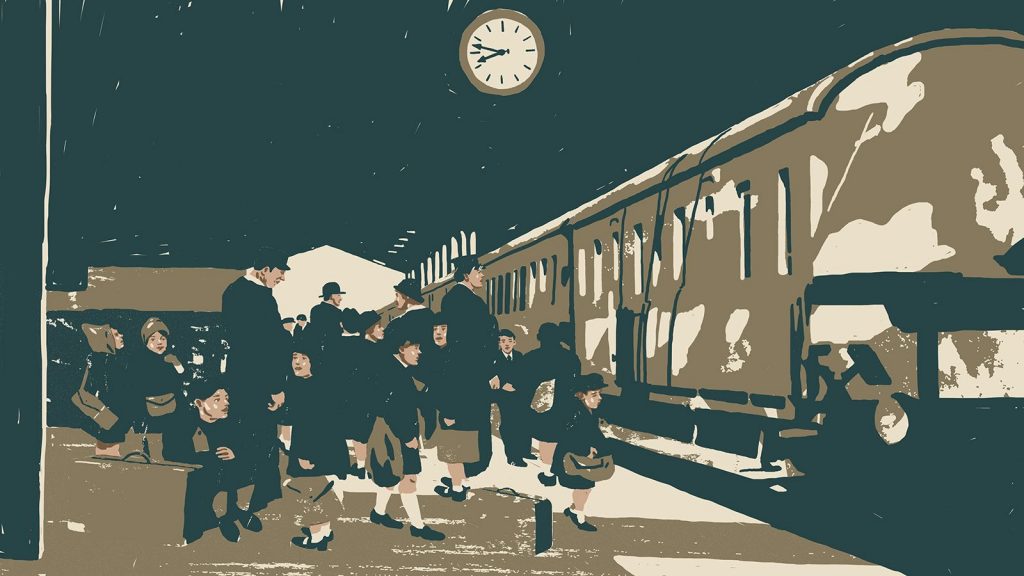1. Turkey is no “safe third country”, says Greek authority
The Greek authority responsible for the examination of refugee appeals accepted the request of a Syrian asylum seeker opposing his deportation order to Turkey, disposed in compliance with the agreement between Europe and Turkey. The appeal board has indeed clearly stated that Turkey cannot be considered a “safe third country” (as already stressed several times by other authorities such as the European Council of Refugees and Exiles). This decision has a great symbolic value and may impact the very legal basis of the agreement, highlights the Guardian.
2. The inhumanity of the Europe-Turkey deal
Greece is turning into an open-air prison; serious and systematic violations of refugees’ rights are taking place in Turkey; and there are many unresolved political issues. This is why the arrangement concluded between the European leaders and Erdogan is not convincing, at all – explained by Valigia Blu.
3. It is (also) a gender issue
Women and children now represent the majority of refugees arriving in Europe, and yet the specific needs of these individuals are not adequately considered and protected. International authorities are well aware of these deficiencies and indeed addressing the “gender gap” in humanitarian action and coming up with solutions for the issue of unaccompanied minors are amongst the priorities of the ongoing World Humanitarian Summit.
Refugees Deeply investigates the threats faced by female refugees with a three-part reportage.
4. The optimism of the Refugees Welcome Index – especially about China
According to a poll conducted by GlobeScan in 27 countries, refugee policies do not reflect public opinion, as the majority of people – that is, 80% of respondents – want to welcome refugees in their countries. Amnesty International, which published the study, has saluted its results but others have raised doubts about the consistency of the findings. The reality, they say, appears to be quite different: for instance, is China really the most welcoming country in the world?
5. Forgotten refugees
A great reportage by The Intercept narrates the forgotten drama of those fleeing Central American countries (such as El Salvador, Guatemala and Honduras) to escape horrific gang violence. Their stories do not make headlines anymore, as the number of asylum seekers arriving in the United States has drastically decreased in the past two years – but that is actually only a consequence of the agreement between the Obama administration and the Mexican border authorities which has greatly intensified controls on the borders, push-backs and deportations. And even for the few who manage to reach the US and actually file their asylum requests finding protection remains hazardous. Really a must-read.
6. Historical lessons of reception: the “Kindertransport” model
During the second world war the United Kingdom welcomed 10,000 minors through the famous humanitarian program “Kindertransport” to save them from Nazis, reminds Quartz. Why Cameron’s government is unable to learn from history and show the same humanity towards the thousands of unaccompanied children fleeing the horrors of the war?
7. Welcoming refugees pays off
What we are facing is the most important humanitarian crisis since the Second World War and providing an adequate response by welcoming the millions of people fleeing war, persecutions and poverty is above all a moral imperative. But even if we were to approach the topic under an economic perspective, the result would be the same: welcoming refugees pays off, indeed demonstrates the new study by economist Philippe Legrain for Tent – commented by The Washington Post and The Guardian.
8. A fact-checking for Australia: refugees are not “illiterate”
Australian Immigration Minister Peter Dutton described the refugees arriving in the country as “illiterate” and intentioned to “take Australian jobs”. The accuracy of such statement – which has raised a debate on Australia’s problem with refugees – has been carefully fact-checked by The Conversation and The Guardian.
To sum it up? Dutton ignores the facts: indeed the most recent data shows that the majority of refugees received at least a secondary level education and positively contributes to the labour market.
9. Refugees & migrations in the Italian media: an evaluation by Carta di Roma
How do Italian media address the topic of refugees and migrations? In our research we highlighted how Italian newspapers and news broadcasts have a broad tendency towards “normalization”. For what concerns more specifically what has been going on in 2016, Carta di Roma’s evaluation shows that much has been said about immigration policies whereas the issues of landings, health and racism have been significantly less covered. Accuracy and completeness of information are not always ensured and alarmist language is still frequent.
10. Refugees in literature: a reading list
There is nothing new under the sun: migration is as old as humanity and many have tried to narrate the phenomenon. Patrick Kingsley has put together a reading list for The Guarding Review: here are the 10 great classics on refugees and migrations, starting from Virgil and finishing with Eggers.










